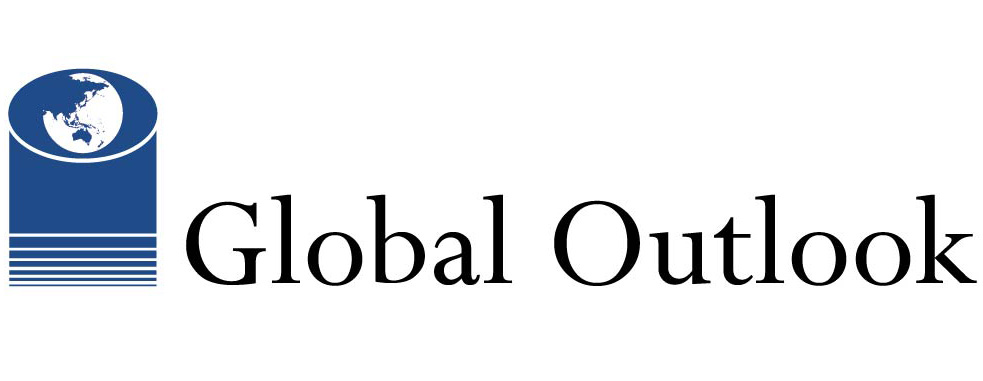
Curated expert opinion on intractable contemporary issues
Global Outlook: Climate Change and Conflict
Local Resilience Can Mitigate Climate Conflicts in the Pacific
By Tobias Ide | 31 January, 2026
Emphasising how Pacific communities successfully deal with and maintain peace in the context of climate change provides different perspectives. It highlights how local communities and state institutions have significant capacities for climate change adaptation and bottom-up peacebuilding.
To see the full list of Global Outlook articles, click here
'Silent Victim'? Interrogating the Ecological Implications of War
By Robert Mizo | 18 December, 2025
Rarely do analyses on wars consider the environment; it is presumed to be a ‘silent victim’, an unavoidable collateral of the human condition that is essentially conflictual.
Innovative Approaches to Climate, Peace and Security: Opportunities for India–Germany–Australia Collaboration
By Ambika Vishwanath and Treesa Shaju | 12 November, 2025
Emerging research on the nexus between climate, peace and security (CPS) supports the integration of climate adaptation and mitigation methods to advance sustainable peace.
Reconstructing the China–India Climate Diplomacy
By Robert Mizo | 10 November, 2025
How China and India address climate change and reduce greenhouse gas emissions will have a significant impact on the planet's future, given their growing economic and demographic weight.
The Case for a Climate-First Maritime Reframing of the Indian Ocean Region
By Aditi Mukund | 03 November, 2025
The Indian Ocean Region is one of the fastest-warming oceans in the world, heating at an unprecedented rate, and is projected to experience near-permanent marine heatwave conditions in the coming decades, with dire consequences.
Fossil Fuel Expansion or Pacific Security? Albanese Is Learning Australia Can’t Have Both
By Wesley Morgan | 19 September, 2025
Australia’s Prime Minister Anthony Albanese sought to strengthen security ties with Pacific island nations and counter China’s growing influence during a trip to the region this week. If he walks away with one lesson, it’s that Australia’s climate policy remains a significant sticking point.
The views and opinions expressed in Global Outlook are those of the authors and do not necessarily reflect the official policy or position of Toda Peace Institute.
Local Resilience Can Mitigate Climate Conflicts in the Pacific
By Tobias Ide | 31 January, 2026
Emphasising how Pacific communities successfully deal with and maintain peace in the context of climate change provides different perspectives. It highlights how local communities and state institutions have significant capacities for climate change adaptation and bottom-up peacebuilding.
To see the full list of Global Outlook articles, click here
'Silent Victim'? Interrogating the Ecological Implications of War
By Robert Mizo | 18 December, 2025
Rarely do analyses on wars consider the environment; it is presumed to be a ‘silent victim’, an unavoidable collateral of the human condition that is essentially conflictual.
Innovative Approaches to Climate, Peace and Security: Opportunities for India–Germany–Australia Collaboration
By Ambika Vishwanath and Treesa Shaju | 12 November, 2025
Emerging research on the nexus between climate, peace and security (CPS) supports the integration of climate adaptation and mitigation methods to advance sustainable peace.
Reconstructing the China–India Climate Diplomacy
By Robert Mizo | 10 November, 2025
How China and India address climate change and reduce greenhouse gas emissions will have a significant impact on the planet's future, given their growing economic and demographic weight.
The Case for a Climate-First Maritime Reframing of the Indian Ocean Region
By Aditi Mukund | 03 November, 2025
The Indian Ocean Region is one of the fastest-warming oceans in the world, heating at an unprecedented rate, and is projected to experience near-permanent marine heatwave conditions in the coming decades, with dire consequences.
Fossil Fuel Expansion or Pacific Security? Albanese Is Learning Australia Can’t Have Both
By Wesley Morgan | 19 September, 2025
Australia’s Prime Minister Anthony Albanese sought to strengthen security ties with Pacific island nations and counter China’s growing influence during a trip to the region this week. If he walks away with one lesson, it’s that Australia’s climate policy remains a significant sticking point.
The views and opinions expressed in Global Outlook are those of the authors and do not necessarily reflect the official policy or position of Toda Peace Institute.





